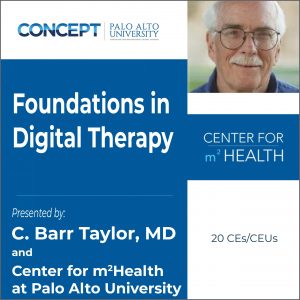The American Psychological Association has compiled COVID-19 resources to ensure that the field of psychology is supported during an extraordinary time. The resources developed by APA to address the needs of students and educators have been replicated below, they are being spread widely and we encourage you to do the same ?
Resources for Students
- Free access to the Publication Manual and more than 160 other APA books
- Student loan management tips during this global pandemic
- Advice on coping with COVID-19-related stress as a student
- Webinar series providing expert insight on graduating on time, how to apply for internships, how research is changing and adapting, and more
Resources for Educators
- Complimentary unit lesson plans for high school psychology teachers
- Free access to APA teaching/learning resources for educators, such as the Publication Manual and PsycLearn
- COVID-19 education FAQ’s addressing issues impacting grad students, postdocs, interns and faculty with supervision responsibilities
Training in Digital Therapy
For training on Foundations in Digital Therapy, check out this self-paced, online, professional training program by Drs. Barr Taylor, Alina Kurland, Shiri Sadeh-Sharvit, Josef Ruzek, Elsa Rojas-Ashe, and Joseph Bankman, at the Center for m²Health at Palo Alto University.

Technology has become an inherent part of modern psychological treatments. This course provides an overview of the use of digital tools and technology in therapy, including a discussion of the evidence base for integrated (“blended”) face-to face and technology-facilitated therapy, a review of different types of tools available for clinicians, and a discussion of ethical and other concerns about providing and using digital therapies. The course also includes information on the relevance of social media to clinical practice as well as empirically-supported strategies that can help engage clients in the use of digital therapy tools. Clinicians will also learn to identify the best tools to use for their particular clinical need and to introduce strategies for addressing client disengagement or non-adherence. Finally, the course includes discussions of relevant ethical and legal concerns. The aim of this course is to prepare clinicians to successfully integrate digital tools in their own clinical practice and, if desired, to seek additional, more specialized training in the use of digital tools.
Click here for more details on this training program.

















